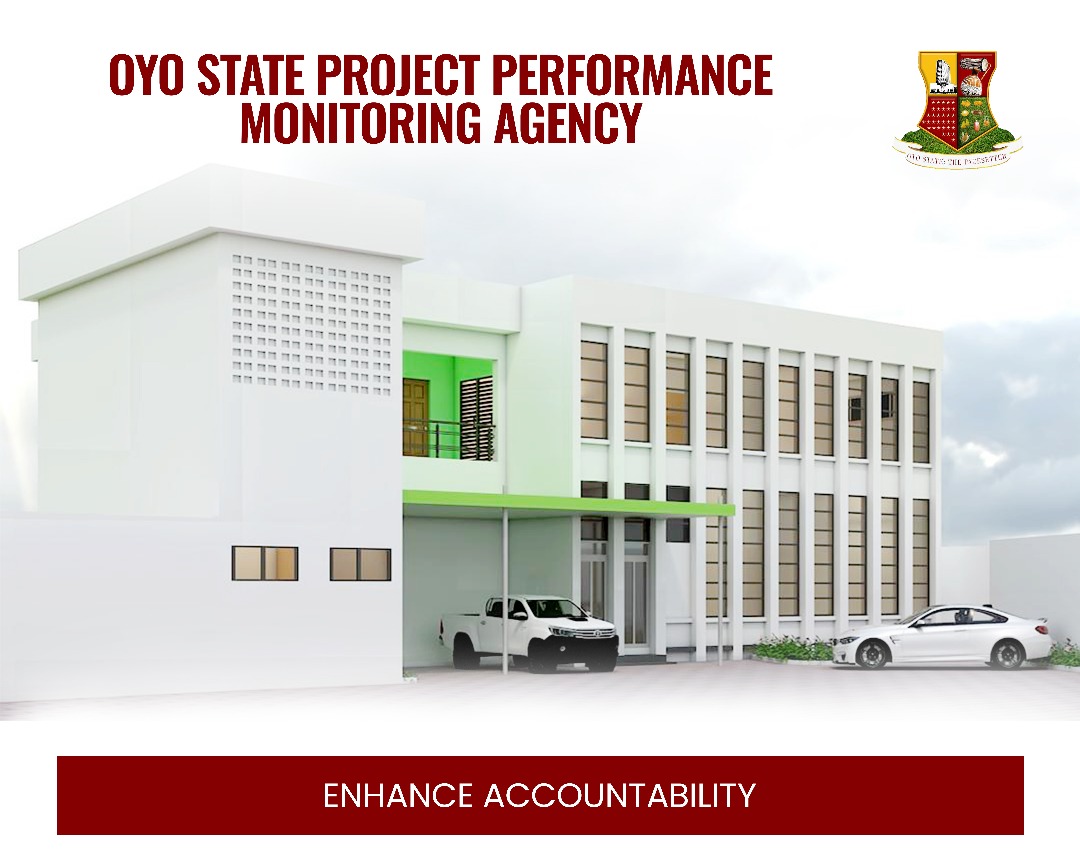
Members of the National Association of Public Affairs Analysts (NAPAA) commend the government for various steps taken so far to contain the deadly Corona Virus Pandemic.
Given its tendency to seemingly defy most of the steps taken so far to stop it, we like to make the following suggestions which we believe strongly will effectively address the situation.


It must be stated from the onset that our motive for this advocacy was primarily what we committed ourselves to: Service to Humanity.
To be effective, strategies to tackle this Pandemic must be in three broad parts:
1. Efforts to prevent it from spreading
2. Efforts to successfully treat those who are already infected.
3. Efforts at ensuring that Step 1 above does not lead to devastating fallouts whose effects will also be dire on the society.
Because we do not claim any expertise in the treatment of a disease of this nature, we will not dwell much on item 2 above – treatment of those who already tested positive.
On item 1, we advocate a controlled lockdown. Controlled lockdown in terms of stopping interstate travels, restriction of movements to about five hours daily, total ban on gatherings beyond ten people and ensuring the cleanliness of the environment.
The restriction of movement should exempt those who are on essential services. Item number 3 is where the major tasks lie because of the implications it has on the other two and beyond.
Before delving into the details of this, it is important to note that some of the negative effects of the lockdown and partial restriction of movement are already being seen in the increased number of burglary incidents and related crimes. If urgent steps are not taken to quickly check this, we will continue to deal with its after-effects long after the pandemic would have become a thing of the past.
It is to prevent this that the following steps are strongly recommended to be taken without further delay: (a) Ad-hoc staff be immediately recruited to join civil servants to distribute the following items from households to households. (b) The methods usually adopted to immunize babies from house to house be adopted. (c) The officers to be accompanied by members of the Civil Defence, YES-O and the police so as to provide security. (d) Those who would do the distribution, including security personnel, be pre-screened and be provided with kits such as face masks, gloves etc.
(e) Items to be distributed to include Kongos of Rice, Beans, Gari, tubers of yam and gallons or litres of palm/vegetable oil. (f) Should it be possible, a token of N5,000 or N10,000 be added per person or per household. (g) One of the advantages of the above is that the wherewithal for immediate survival is provided, some people who would have otherwise be involved in hanky panky would be engaged as part of the distribution teams and government would be able to have current data of the households in its domain.
(h) Parts of the strategies for the distribution are (I) involvement of Landlords/Tenants in various communities (ii) reaching poor households through registers of primary one to six and JSS pupils of public schools.
This is hinged on the fact that most poor people send their children and wards to public schools. As for Landlords/Tenants or Residents Associations, it’s because residents of a given communities know each other and would be able to detect those who may want to take more than one ration.
The above is to take place in all the local government areas and wards in the state AT THE SAME TIME. Needless to say, the mileage to be scored in terms of people’s welfare and political gain for the government will be huge.
Prince Seun Adelore, President.
Comrade Jare Ajayi, General Secretary. NATIONAL ASSOCIATION OF PUBLIC AFFAIRS ANALYSTS.
